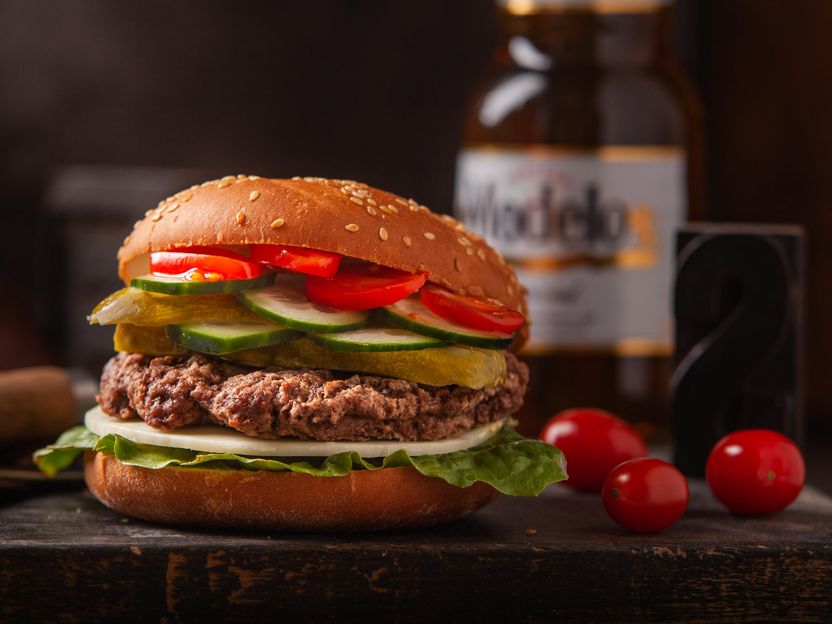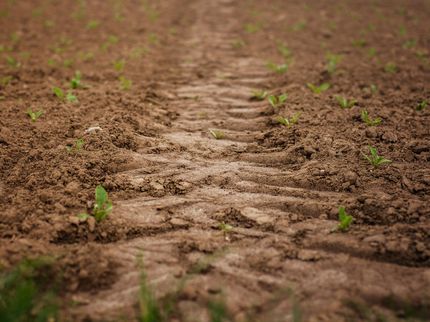UMD scientists identify mechanism responsible for fruit and seed development in flowering plants
This research could allow agriculturists to optimize productivity and explore the viability of ‘virgin fruits'
With rising global temperatures and dwindling pollinator populations, food production has become increasingly difficult for the world’s growers.
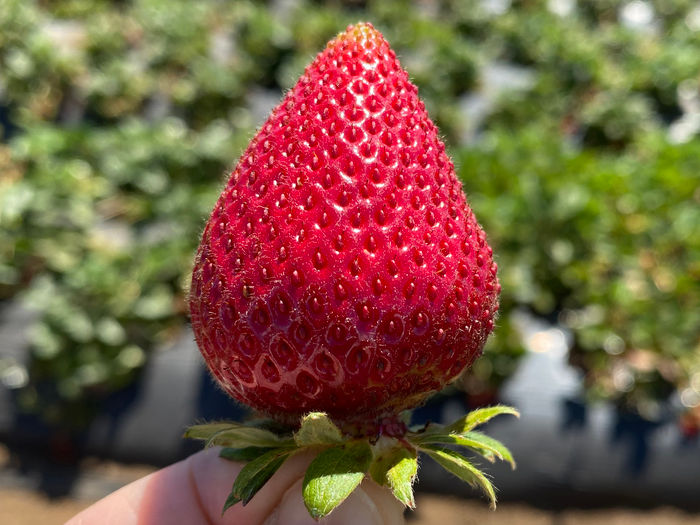
Strawberries are good models for pollination research because their seeds are embedded on the fruit's surface, allowing researchers to observe them more easily.
Zhongchi Liu
A new study from researchers at the University of Maryland’s Department of Cell Biology and Molecular Genetics addresses this issue, providing insight into exactly how flowering plants develop fruits and seeds.
“Understanding this process is especially important because common food crops—such as peanuts, corn, rice and strawberries—are all fruits and seeds derived from flowers,” said Zhongchi Liu, the study’s senior author and a professor of cell biology and molecular genetics at UMD. “Knowing how plants ‘decide’ to turn part of their flowers into fruit and seed is crucial to agriculture and our food supply.”
Funded by the National Science Foundation, the study was published in the journal Nature Communications on July 9, 2022.
In the study, Liu and her team aimed to discover how fertilization—or pollination—triggers a flowering plant to start the fruit development process. The team suspected that an internal communication system was responsible for signaling the plant to develop fruit, but the researchers were unsure how that system was being activated by fertilization or pollination.
To find out, the team simulated pollination and fruit development mechanisms using strawberry plants. Strawberries are particularly suited to fertilization modeling due to their unique structure and seed location, according to Liu.
“As an ‘inside-out’ fruit, strawberry seeds are much easier to manipulate and observe than the seeds of other fruits like tomatoes,” Liu explained. “This made it easier for us to view the seeds and extract genetic information from them at multiple stages of plant development.”
Liu and her team identified AGL62, a gene universally found in all flowering plants, as the trigger to a plant’s production of fruit and seed.
According to Liu, AGL62 stimulates the production of an essential plant growth hormone called auxin. Once the gene activates, auxin is synthesized to prompt the creation of seedcoat (the outer protective layer of a seed), the endosperm (the part of a seed that provides food for a developing plant embryo) and fruit. Auxin’s role in regulating endosperm growth is especially significant for researchers as it impacts the size of the grain and enlargement of the fruit.
“Auxin levels can limit how big an endosperm can grow and how much nutrition endosperm can accumulate for a plant embryo,” Liu said. “More auxin can boost grain size and stimulate fruit enlargement. When there’s less auxin, endosperms are unable to feed plant embryos properly and we end up with lowered crop productivity—smaller or deformed fruits that aren’t commercially viable.”
Using CRISPR, a novel gene manipulation technique, Lei Guo, the first author, successfully disrupted AGL62 function. As a result, the strawberry plants were unable to grow fruit and seed, demonstrating the critical role of AGL62 in this process.
In nature, pollination prompts the AGL62 gene to trigger the production of auxin, a process necessary for optimal fruit and seed development. But by identifying this relationship between gene and hormone, Liu and her team have laid a foundation that may allow agriculturalists to switch on AGL62 using biotechnology, bypassing pollination altogether—in other words, create ‘virgin’ fruits.
Liu believes that these findings are especially important at a time when global warming is impacting food production worldwide.
“Extreme heat kills both pollinators and pollen itself, so climate change is a big challenge for us to overcome,” Liu said. “Learning more about the AGL62 gene has given us new insight into how to potentially increase the productivity of agricultural crops, particularly the ones that make up our food supply.”
Original publication
Other news from the department science

Get the food & beverage industry in your inbox
By submitting this form you agree that LUMITOS AG will send you the newsletter(s) selected above by email. Your data will not be passed on to third parties. Your data will be stored and processed in accordance with our data protection regulations. LUMITOS may contact you by email for the purpose of advertising or market and opinion surveys. You can revoke your consent at any time without giving reasons to LUMITOS AG, Ernst-Augustin-Str. 2, 12489 Berlin, Germany or by e-mail at revoke@lumitos.com with effect for the future. In addition, each email contains a link to unsubscribe from the corresponding newsletter.
Most read news
More news from our other portals
Last viewed contents
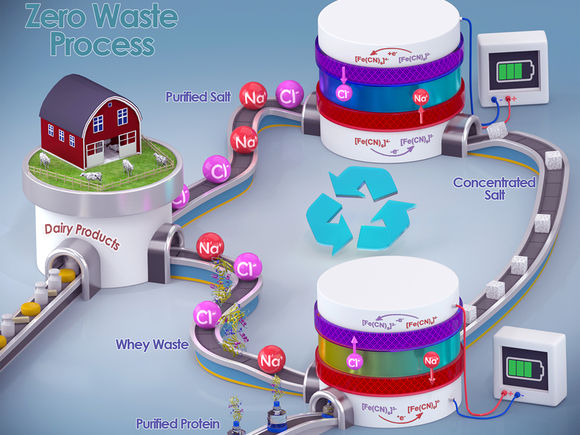
Less salt, more protein: Researchers address dairy processing's environmental, sustainability issues
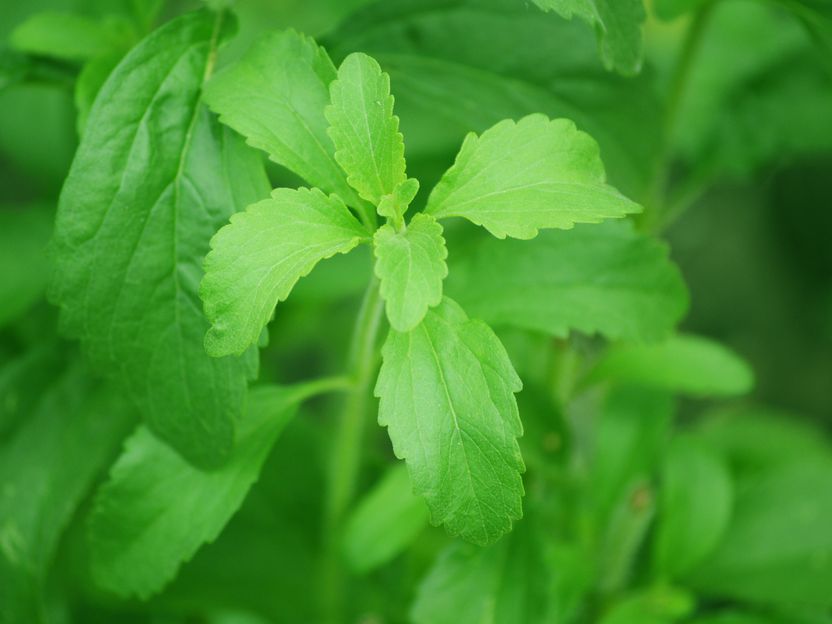
Cargill-DSM joint venture Avansya starts commercial-scale production of EverSweet™ stevia sweetener - New fermentation facility in Blair, Nebraska, to sustainably produce the zero-calorie sweetener

First of its kind study proves food intervention can be as effective as medications for lowering cholesterol - Research reveals “food-as-medicine” to be a simple, viable solution to lowering cholesterol in many patients unable or unwilling to take statin drugs

New survey reveals majority of European dietitians believe moderate coffee consumption has clear health benefits - 62% believe drinking coffee in moderation has clear health benefits

Plant-based alternative food consumption may have doubled in UK over ten years suggests first analysis of its kind - The UK population are consuming more plant-based alternatives than ever, but more research is required into how healthy and sustainable these alternatives are

C. & A. Veltins Brewery: Strongest financial year in terms of turnover on the occasion of the brewery's 200th anniversary - Brewery sees itself equipped for energy transformation

BrewDog PLC, Scotland, UK: ZIEMANN delivers a brand new turnkey brewery plant – from malt intake through to the bright beer tank cellar.
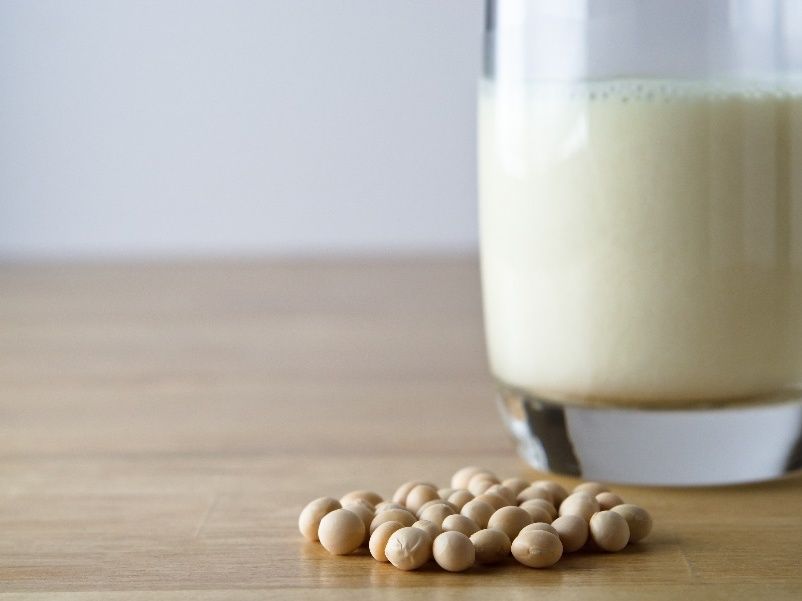
The Vegan Society complains to ITV after This Morning fails to highlight environmental impact of dairy during milk tasting segment
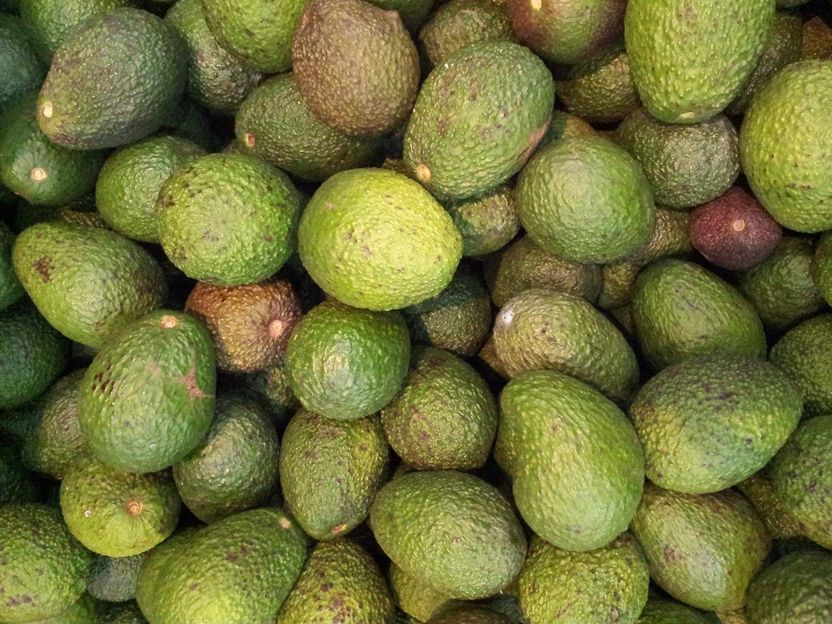
New sustainable packaging will extend guacamole’s shelf life by 15% thanks to labels and additives extracted from the avocado itself
